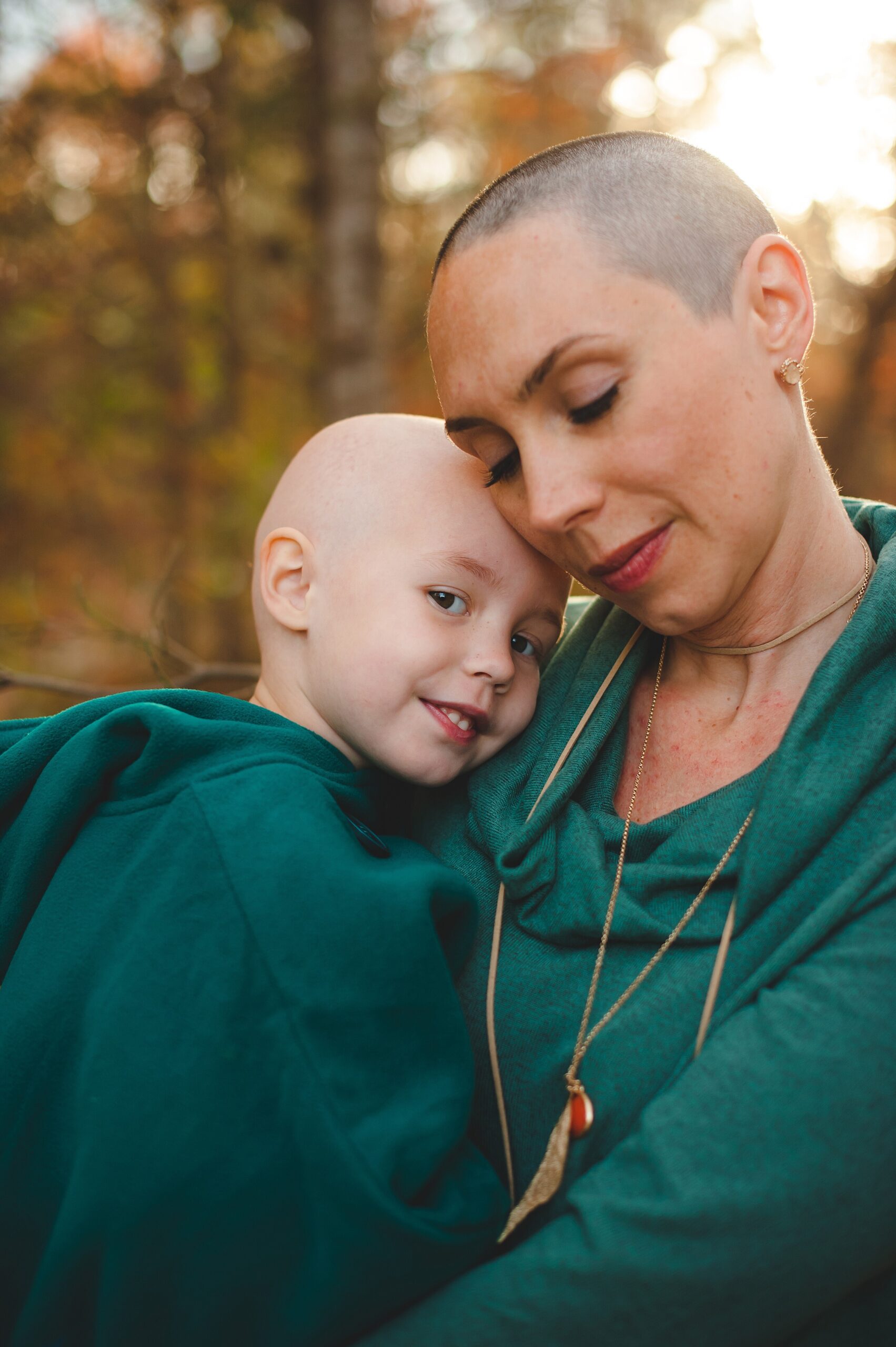Resources
Share Our Story
As an ambassador of rare cancer heroes, you play a crucial role in spreading awareness and driving support for ISF’s mission.
We’ve curated the following resources to provide you with access to informational materials, social media kits, graphics, sample messaging, success stories and brand guidelines that outline ISF’s mission, programs and impact.
These materials are designed to help you communicate our story clearly and compellingly.
ISF & TORCH Info Flyer
DOWNLOAD
TORCH FAQ
DOWNLOAD
Signature Events Flyer
DOWNLOAD
Isabella’s Torchbearers
Coming Soon
Go Gold for Kids with Rare Cancer Flyer
DOWNLOAD
Sponsor Resources
Coming Soon
Donor Resources
Coming Soon
Brand Guidelines
Coming Soon
Memorial Gift Resources
Coming Soon
Thank you for helping bring the reality of rare pediatric cancers into the light.

How to Support a Rare Pediatric Cancer Family
Because knowing how to help can mean everything.
When a child is diagnosed with cancer, their entire world—and their family’s—changes overnight. It can be hard to know what to say or do, but your support matters. At ISF, we’ve gathered thoughtful tips to help you approach families with compassion, sensitivity and purpose.
When a child is diagnosed with cancer, their entire world—and their family’s—changes overnight. It can be hard to know what to say or do, but your support matters. At ISF, we’ve gathered thoughtful tips to help you approach families with compassion, sensitivity and purpose.
Please note, the following suggestions are for consideration when reaching out to a family. ISF does not currently have a card deliver program in place.
Express Empathy
Start by acknowledging the gravity of the situation and expressing your genuine concern and sympathy. For example, you might say, “I’m deeply sorry to hear about your child’s diagnosis. My heart goes out to you and your family during this incredibly challenging time.”
Avoid Clichés
While well-intentioned, clichéd phrases like “Everything happens for a reason” or “Stay strong” may not always be helpful. Instead, focus on offering genuine empathy and support.
Offer Support
Let the parent know you’re there for them, whether to listen, provide practical assistance or offer emotional support. You could say, “Please know that I’m here for you in any way you need. Whether to talk, run errands or simply sit with you, I’m here to support you however I can.”
Ask How You Can Help
Every family’s needs differ, so ask the parent how you can best support them. Whether it’s providing meals, taking care of other children or helping with household chores, offering specific assistance and alleviating the day-to-day stressors can be more meaningful.

When writing a card to a child who has just been diagnosed with cancer, it’s important to convey love, encouragement and hope.
Express Love and Support
Begin by letting the child know that you care about them deeply and are thinking of them during this challenging time. You might write, “Dear [Child’s Name], I want you to know how much you are loved and how many people are rooting for you as you begin this journey.”
Offer Encouragement
Encourage the child to stay strong and resilient in the face of their diagnosis. Remind them of their bravery and inner strength. You could say, “Even though things may seem scary right now, I know how incredibly brave and strong you are. You’ve got this!”
Provide Hope
Offer words of hope and optimism for the future, reassuring the child that they are not alone in their fight. You might write, “Remember that so many people care about you and are here to support you every step of the way. We’re all rooting for you to get better soon.”
Being there for a family facing a cancer diagnosis involves both emotional and practical support.
Be Present
Simply being there to listen and offer emotional support can make a world of difference to a family facing a cancer diagnosis. Let them know that you’re there for them whenever they need someone to talk to.
Respect Their Wishes
Every family copes with a cancer diagnosis differently, so respecting their wishes and boundaries is important. If they need space or time alone, honor that. If they ask for specific help or support, do your best to provide it.
Provide Practical Assistance
Offer to help with day-to-day tasks such as cooking meals, running errands,or taking care of other children. These small acts of kindness can alleviate some of the stress and burden on the family.
Stay Informed
Educate yourself about the child’s diagnosis and treatment plan so that you can better understand what they’re going through and offer more informed support.
Offer Financial Assistance
Cancer treatment can be costly, so consider setting up a fundraiser or contributing to a medical fund to help alleviate some of the financial burden on the family.




